Writing While Black
Or How to Be Objective in an Objectified Body Without Crying More Than Twice
Sophomore Kim Henry reads over the recent Enterprise article she reported on regarding the theft of the Black Lives Matter flag.
I did not realize it until last night, but I’ve been working toward this moment since the day I read the Cynic’s “Kake Walk” article last year.
On Thursday, April 13, I walked across the Davis Center green toward the Cynic office. I had no grand intentions in mind– I just wanted to pitch a column to my editor-in-chief, Kelsey Neubauer.
When I arrived at the office, Kelsey stood outside talking gravely on the phone. Inside the newsroom, the editorial staff sat in silence, each one shuffling through a stack of papers.
Kelsey came up to me smiling and put her hand on my shoulder. I didn’t understand what was going on, but Kelsey said I could help so long as promised to tell no one.
“Not even your mom,” she said, sternly meeting my eyes. We had a story that could shake the University, and we wanted all the facts straight before it leaked.
We had just received an info dump from UVM administration. 157 pages of documents––police reports, interviews, hearings and appeals––surround the recent fraternity sanctions. Nestled in those documents was the identity of the Black Lives Matter flag thief.
The first thing anyone said to me was, “You remember the hazing story? Well, we know who stole the flag!”
That’s how that first afternoon was: chaos. We all knew we had found something––we found a lot of something––but we weren’t sure what it would mean.
We had stumbled across a gold mine of information that could shake the bedrock of fraternity and sorority life on campus. At the same time, among all that info was a single fact that would change the way students of color would coexist with their peers, their professors and their school’s leadership for years to come.
We needed to decide which story we were going to tell: the one with the most facts, or the one that–I believed–would have the greatest impact. In the end, we tried to tell both.
From that moment, our only imperatives were balance and objectivity, two ideals I strove and struggled toward.
Until that Thursday, I had written for the arts section of the Cynic. The things that usually mattered to my writing– perspective, tone, emotion– would be cyanide to this story. Even the way I thought of truth had to change the moment I walked into the newsroom.
My personal definition of facts: what I know to be true.
My reporter definition of facts: what I can verify through reputable sources, on record or in writing.
Even still, I had to check myself countless times over the five days we worked on this story. “Was Reichhelm trustworthy?” Read the documents. “UVM chose Reichhelm over the black community!” It doesn’t say that in the documents. “How could a frat have punished Reichhelm more decisively than UVM?” The documents don’t specify Reichhelm’s punishment by the University.
I tried to banish bias from my mind. I believe I succeeded in secluding bias from my pen. My one uncertainty: would I, or should I, ever erase bias from my skin?
How would I report on the ground? How could I interview white faculty and white fraternity members without my (perceived) bias staring them right in the face? How would I get witnesses to speak to me without feeling as if they were speaking to the crime?
J.T. Reichhelm may have stolen the Black Lives Matter flag from outside the Davis Center, but for me and many other students of color, the flag remains in our skin. We see the theft on each other’s chests, an open wound that certain members of the administration could not suture with a replacement flag. Healing can only begin with the release of the truth.
On Monday night, the deadline to publish the story, I left the Cynic office in tears. I did not know if I could finish the story. I did not know if I could leave it behind.
I sat on a bench outside the Davis Center tunnel, halfway between my dorm and the office I had just left. I could not move, indecision crawling under my skin.
And then I remembered reading the “Kake Walk” article just over a year ago, before I had started writing for the Cynic. I wanted to be proud of my friends who had written this story, to be proud of my school for calling out its own racist history.
But I did not trust it. I could not trust that article because I knew that no one who had written it could feel what I have felt my whole life. No one who wrote the “Kake Walk” article had moved through the world, through this campus, marked by their skin. So instead of pride, what the “Kake Walk” article inspired in me was disdain.
I did not want my community to go through this again. I did not want anyone to feel the disdain of being spoken for, being saved, by someone who could never feel what it was like to live my skin.
I will not lie. We could have been clearer that this story would be the bare facts; that the only people quoted would be those directly involved, and that we would follow up with the community once we had printed the facts. Not making that clear may have irreparably hurt some members of UVM’s black community.
And I am unbelievably proud of the Cynic’s coverage of this story. We deciphered over a hundred pages of documents, untangled several different accounts of events, and identified witnesses whose names had been redacted.
We strove for balance. We achieved objectivity. We wrote down every fact that was fit to print.
I do not claim to speak for the community of color, nor was I the sole writer of this article. But I want the student body to know that a voice of color contributed to this story.
Now the Cynic is reaching out to every student of the student body. We are calling on members of the brown, white, fraternity and sorority communities, and those who are not contained by those categories at all.
As far as journalism is concerned, what we published this week was fact. We need your voices to find this campus’s truth.
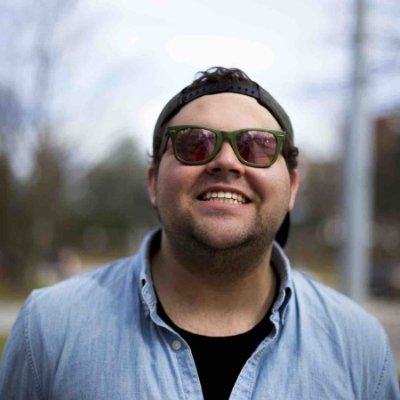
Bryan is the managing editor of the Vermont Cynic and has been involved since Jan. 2015. Prior to his position as managing editor, he was a news writer...


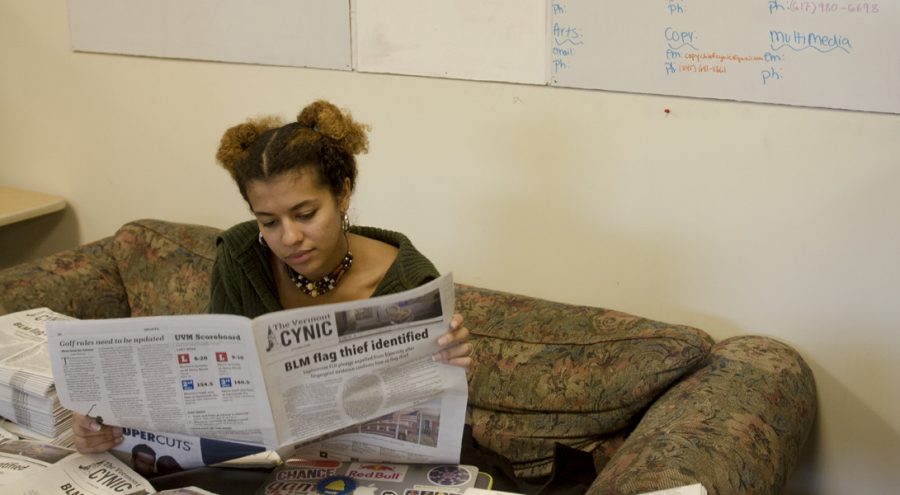

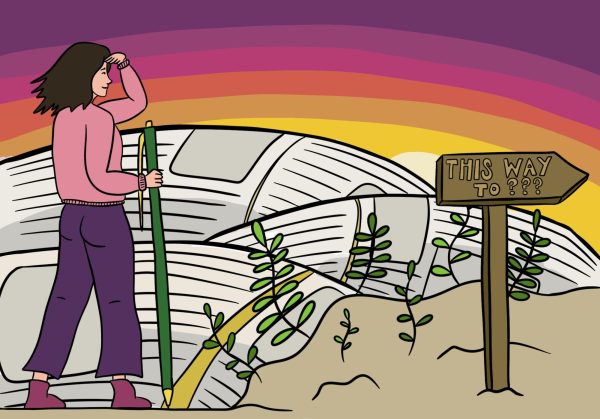
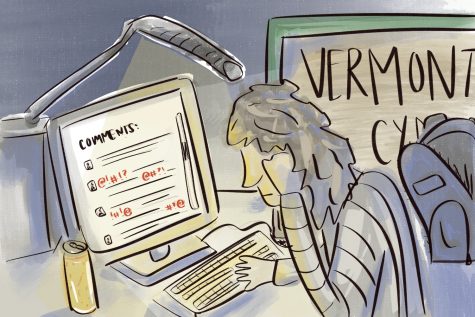
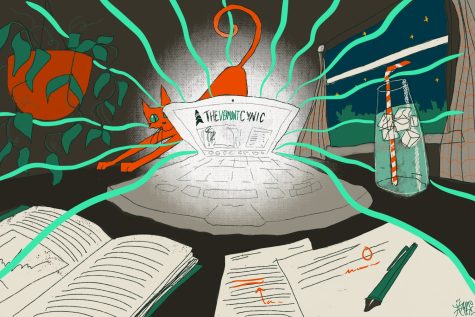
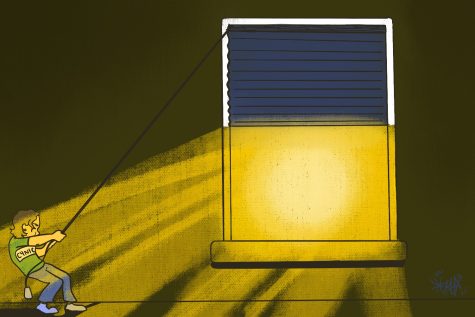
Proud Auntie • Apr 20, 2017 at 6:45 pm
Well written Kimberly so proud of you.